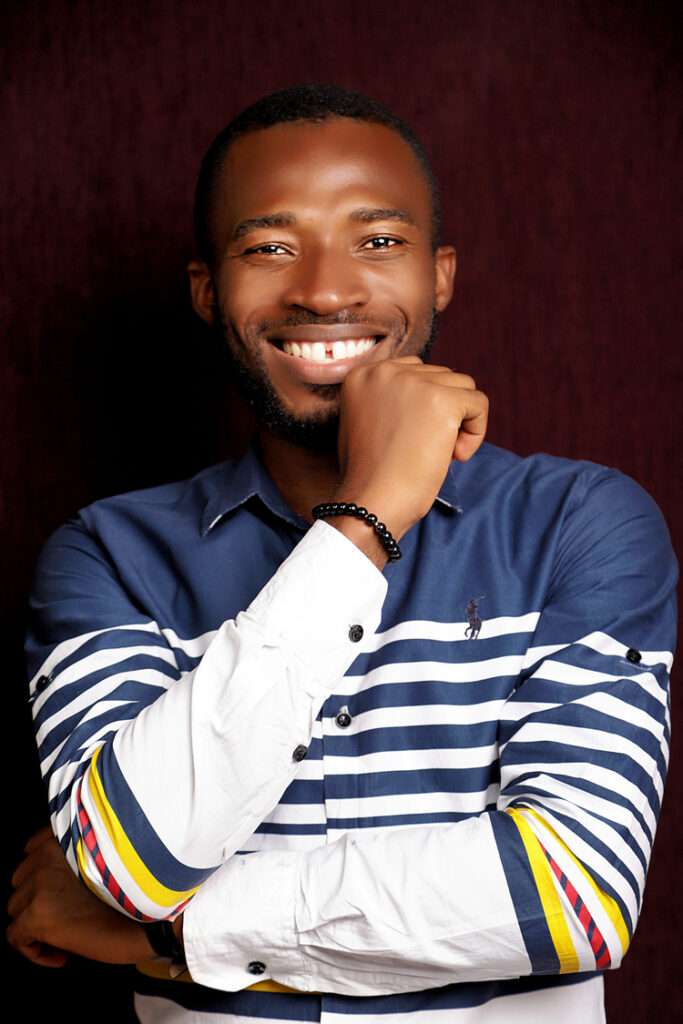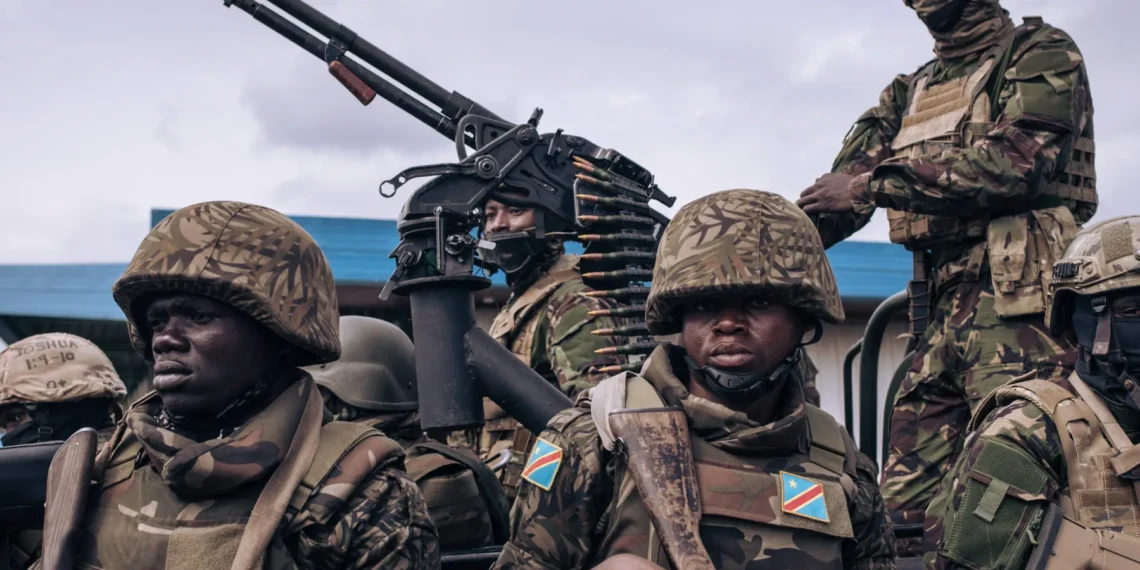The Democratic Republic of Congo (DRC) is once again at the center of conflict as the M23 rebel group continues its advance, facing little resistance from the Congolese army. The crisis has raised pressing questions about the stability of the region, the role of neighboring Rwanda, and the international community’s response.
To unpack these issues, Vaultz News spoke with Benjamin Ankrah, a member of the New African Concept, an NGO focused on African development. According to Ankrah, the Congolese military’s struggles stem from deep-seated issues within its ranks.
“What we are seeing is not just a failure of battlefield tactics but a structural problem within the FARDC [Congolese army]. There is a lack of morale, poor training, and corruption that has eroded its ability to mount an effective defense. Soldiers are often unpaid, and many communities in eastern DRC feel abandoned by the central government, making them more open to alternative forces like M23.”
Benjamin Ankrah
M23 claims to be fighting for the rights of Rwandophone minorities in the region, particularly Tutsis, a justification that has been met with mixed reactions. “Some segments of the population do see M23 as a force that can provide stability where the government has failed,” Ankrah noted.
“But it’s also clear that their presence exacerbates ethnic divisions, and many Congolese view them as an extension of Rwandan influence rather than a legitimate local movement.”
Benjamin Ankrah
This perception is at the heart of the growing tensions between Kinshasa and Kigali. DRC’s President Félix Tshisekedi has accused Rwanda of backing the rebels, even calling for the country to be “blacklisted” on the international stage.
“There is no doubt that Rwanda has strategic interests in the DRC, particularly concerning mineral resources. But open conflict between these two nations would be disastrous. The only viable path forward is diplomacy, with regional bodies like the African Union stepping in to mediate.”
Benjamin Ankrah

A Region on the Brink of Fragmentation
Despite the chaos, some Congolese citizens have expressed frustrations with their own government rather than outright opposition to M23. This raises concerns about the possibility of further fragmentation in the country. “If the Congolese state cannot regain control, we may see increasing calls for regional autonomy or even the partition of the country,” Ankrah warned. “While a complete overthrow of the government is unlikely, the idea of an independent or semi-autonomous eastern DRC is not out of the question.”
The geopolitical complexity of the conflict is deepened by accusations against Rwanda, with the DRC alleging that Kigali is providing military and logistical support to M23. Rwanda, however, has denied these allegations, claiming it is being unfairly targeted for broader regional instability.
“This is not just about M23 or the DRC government. We are looking at a conflict with economic, political, and historical dimensions. The exploitation of mineral resources, ethnic tensions, and weak governance structures have all contributed to this crisis.”
Benjamin Ankrah
Meanwhile, the humanitarian toll continues to mount, with reports of looting and widespread displacement in areas under M23 control. “Right now, the most immediate concern is protecting civilians,” Ankrah stressed.
“We need international organizations to establish humanitarian corridors, provide medical aid, and ensure that displaced populations have access to food and shelter. Neighboring countries also have a role to play in hosting refugees and assisting with logistical support.”
Benjamin Ankrah
In the absence of a robust response from the Congolese army, regional actors and international organizations will need to step in to prevent further deterioration. Ankrah emphasized the need for diplomatic engagement that includes all stakeholders, warning that “ignoring the grievances of local communities and dismissing M23 as merely a foreign-backed militia will only prolong the conflict.”
As such, the crisis in the DRC remains fluid, with M23’s military advances continuing to reshape the geopolitical landscape. As tensions mount, the role of regional actors, international diplomacy, and domestic military reforms will be critical in determining the country’s future stability.
READ ALSO: GRA Tax Refund Scandal Sparks Call for Accountability



















